Dozens of countries scramble to identify more than 150 Citizens held hostage in Gaza
World leaders, spy agencies and their Middle East allies scramble through regional backchannels to identify 155 citizens held captive under the Gaza Strip, with the Hamas hostage-takers ‘impossible to reach’.
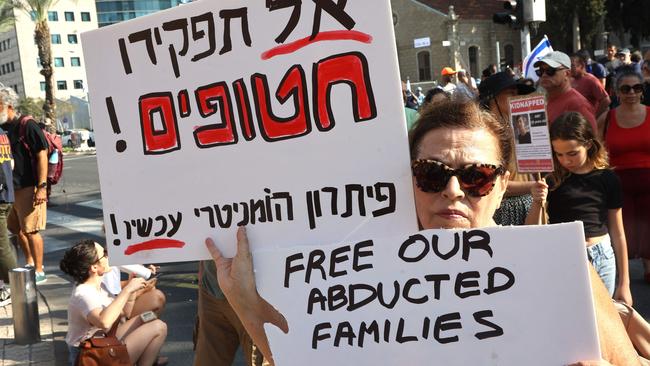
A week after Hamas militants launched their deadly attack on southern Israel, world leaders and their intelligence agencies are scrambling through regional backchannels to contend with a hostage crisis of seemingly unprecedented global dimensions.
They are still trying to answer the basic question: Which citizens, from which countries, are being held captive in a tunnel network under the Gaza Strip?
The US and several of its allies are asking Qatar to use its contacts inside Hamas, as they try to cross-reference names and conditions of more than 155 people from around 30 nations not seen for nine days.
Diplomats and intelligence officers in Turkey have been inundated with pleas from governments as far away as Latin America. European leaders including France’s Emmanuel Macron have also phoned similar appeals to Egypt, whose government is more focused on getting humanitarian aid through its border with Gaza.
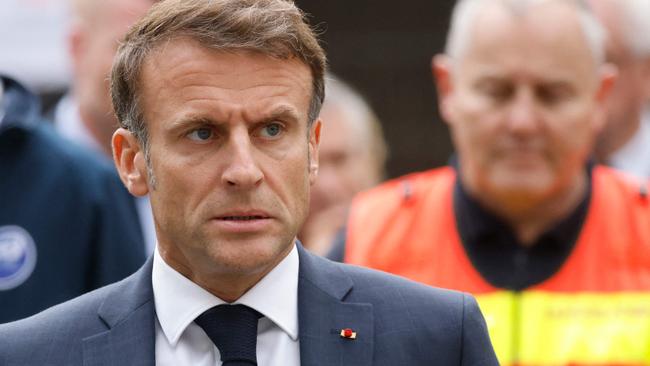
Each day, estimates of the quantity of people kidnapped have changed and the number of nations involved is in dispute. Many, if not most, of the hostages may have dual nationalities including Israeli. Several people thought to have been kidnapped have subsequently been identified among the dead.
The hostages are being held in different locations by Hamas. Iran-backed Islamic Jihad, also says it has taken 30 hostages, a claim that Israel’s defence forces haven’t confirmed.
The Wall Street Journal spoke to Turkish, Egyptian, Qatari, Israeli, US and European officials involved in the global effort to identify who Hamas has taken and the conditions of those still alive. These officials described a chaotic multinational mediation attempt overshadowed by daily air strikes and the looming threat of an Israeli ground offensive. The world’s most powerful spy agencies and their Middle East allies have struggled to access the hostage takers, many of whom are hiding beneath Gaza, apparently beyond the reach of cell service.
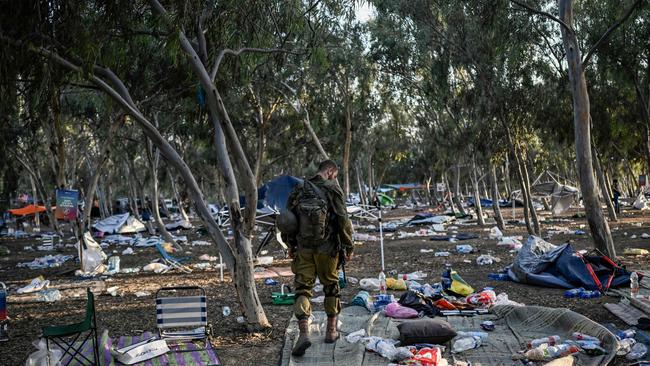
“They ditched their mobile phones and it was impossible to reach any of them,” said one Egyptian official. “Every country with contacts to Hamas has tried.” This weekend, Israeli officials said they would enter no mediation over the hostages with Hamas, an organisation they have vowed to crush. However in comments to Israeli media, former Mossad chief Yossi Cohen said at some point Hamas militants will run out of water, food and oxygen in their bunkers and that would be a moment when decisions could be made about releasing hostages.
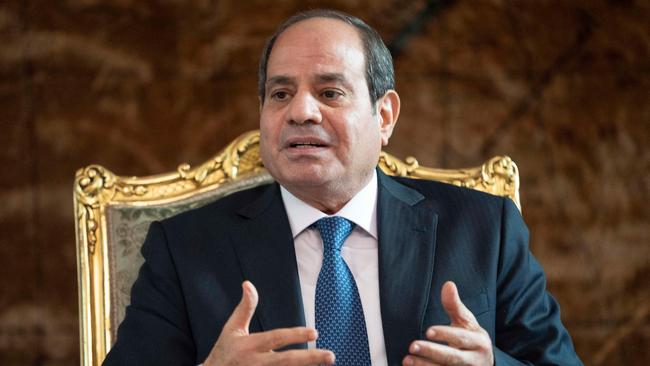
Egypt, Qatar and Turkey each boast years of relationships with Hamas, yet none of them has been able to secure complete answers on the names and conditions of captives split across Gaza. Hamas political leaders based in Qatar haven’t said how many hostages are in the group’s custody, yet have publicly offered to trade their captives for Palestinian fighters held in Israeli and American jail cells. In messages delivered to Turkey, the group has said it won’t consider a hostage exchange until Israel halts bombing and releases thousands of prisoners including those taken during this month’s massacres that killed some 1,300 people.
“Many states, especially Western countries, are in contact with Ankara. They want us to transfer the messages secretly,” said one Turkish intelligence official based in Turkey’s capital. The problem, he said, is that Israeli air strikes are rendering it difficult to maintain any sustained flow of information.
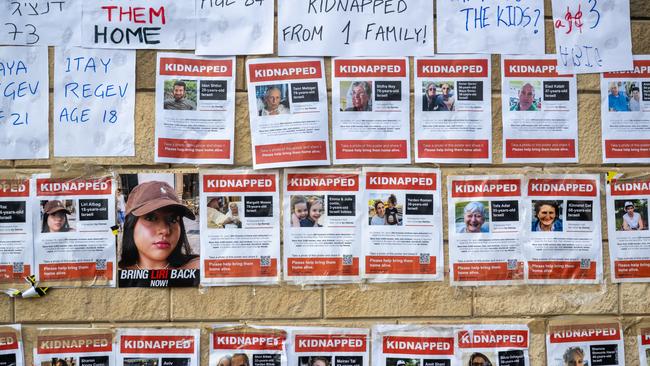
A preliminary list published by Israel’s foreign ministry shows the scale and chaos of the crisis. Citizens of at least 31 nations are missing, it says, some from far-flung countries minimally implicated in the interlocking conflicts of the Middle East: Paraguay, South Africa or Thailand. Bulgaria isn’t on the list, but its government strongly suspected at least one citizen has been kidnapped. “She called her mother prior to being taken,” an official said. The Israeli list also says four are missing from Brazil, and three others dead. Brazilian officials said they haven’t been able to confirm which, if any, Brazilians were kidnapped alive.
Asked about the estimated eight British citizens still unaccounted for on Sunday, U.K. Foreign Minister James Cleverly said, “I’m not comfortable implying that we or in fact anyone have any certainty here.” Foreign ministries around the world have dashed out statements cataloguing those who vanished and are presumed kidnapped: a Mexican man and woman, six Russians, two Italians and at least one from the Philippines. The pictures of the missing, which includes elderly women and children, adorn a wall outside the Israeli Defense Ministry in Tel Aviv. Replicas of the missing posters are also hanging in tribute in a major square in Berlin.
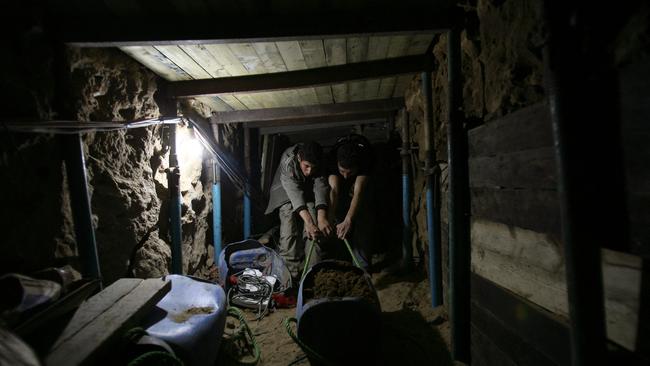
South Asian media have run stories featuring the mother of a missing student. “There is no news about my son,” said Padma Joshi, whose son Bipin was studying on an exchange program, in The Kathmandu Post daily. “How much longer do I have to wait to hear about him?” Twenty-two of the hostages have been killed in Israeli air strikes, Hamas said, in a claim that couldn’t be verified.
Abu Obeida, a spokesman for Hamas’s armed wing, said in a statement on Telegram app that “dozens of hostages” had been hidden in “safe places and the tunnels of the resistance.” “It’s unprecedented, there’s no doubt,” said Gershon Baskin, Middle East director for International Communities Organization, a U.K.-based peace-building NGO, who helped negotiate the 2011 exchange of Israeli soldier Gilad Shalit for more than 1,000 Palestinian prisoners. The missing, he added, include an octogenarian friend of his, taken alongside a Filipina caretaker: “It’s insane why they even took them and what do they even do with them now that they have them?”
Hamas could potentially release the women, children, sick, and elderly, as part of a continuing negotiation he and several other experienced mediators are attempting to advance, Baskin said, in return for the release of a group of Palestinian minors and women from the West Bank imprisoned in Israel. The rest, he guessed, will either escape, be rescued or killed during an impending ground war.
“We may find ourselves in a situation after this war, with some people not recovered, not rescued, not found, and who will be categorised as missing probably forever, maybe they will be under rubble,” he said.
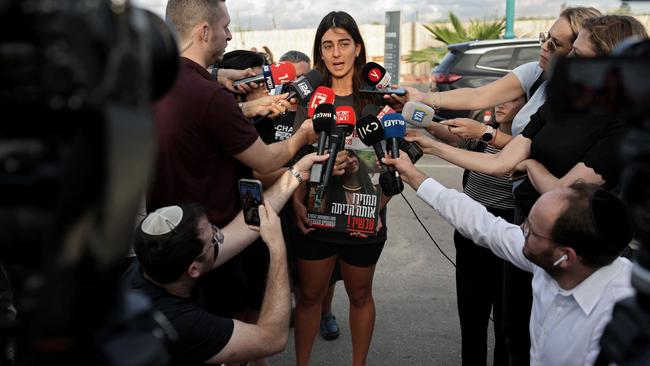
The missing include 17 Americans, according to John Kirby, a spokesman for the U.S. National Security Council. The tally would mark one of the largest takings of U.S. hostages since Saddam Hussein stored hundreds of captive American, European and Asian civilians as human shields in his palace, refineries, and weapons factories ahead of the start of the first Gulf War.
In Europe, officials say that efforts to co-ordinate a single approach to the region’s hostages has proven impossible so far, with each affected country crafting its own outreach and keeping the work largely to itself.
Many of the nations involved label Hamas as a terror organisation, while others have limited diplomatic presence in the region. That leaves them in the hands of governments that have preserved diplomatic channels to the group; chiefly, Qatar, Turkey and Egypt.
On Oct 8., Ali Baraka, a senior Hamas official, floated a swap with the U.S. He referenced last month’s exchange of five American citizens in Iran, a prisoner swap which was tied to giving Iran access to some $6 billion in frozen oil revenues that were trapped in South Korea under sanctions.
“There are Hamas members sentenced for life in the U.S., we want them too of course,” he said in an interview that was aired on Russian state TV station, Russia Today. “The U.S. conducts prisoner swaps -- only recently it did one with Iran. Why wouldn’t they conduct a prisoner swap with us?” On the morning of the attack, Turkey began reaching out to Hamas representatives.
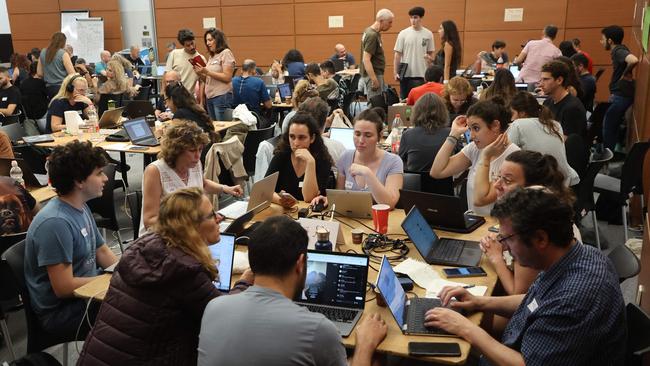
The NATO member had been seeking to position itself as one of the world’s key peace brokers -- it recently hosted prisoner exchanges and grain deal talks between Ukraine, Russia, and the US.
But the political leaders, based in Qatar’s shiny Persian Gulf capital of Doha, 1,200 miles from Gaza, seemed disconnected from the military commanders leading the deadly incursion.
As reports of a mass kidnapping rolled in, the Turks and Qataris suggested that Hamas should release women, children and elderly people held hostage without precondition. “We said, give this message to the world,” said the Turkish official. Hamas said it would consider a prisoner release if Israel took measures including halting the bombing.
“The current physical situation in Gaza does not seem to be suitable for issues such as negotiations,” the Turkish official said.
Early on, French, German and British governments called Cairo. Egypt has long engaged with Hamas across its Sinai border, drawing from a history as a Middle East broker since Anwar Sadat made Egypt the first Arab country to reach peace with Israel in 1979.
To the warring parties, Egypt floated multiple proposals, which included releasing women and children in exchange for Palestinian female prisoners, or pausing air strikes. But those ideas were shut down quickly, Egyptian officials said. Since then, European officials say Egyptian President Abdel Fattah Al Sisi has become a less helpful partner. “He doesn’t want to get involved,” one said.
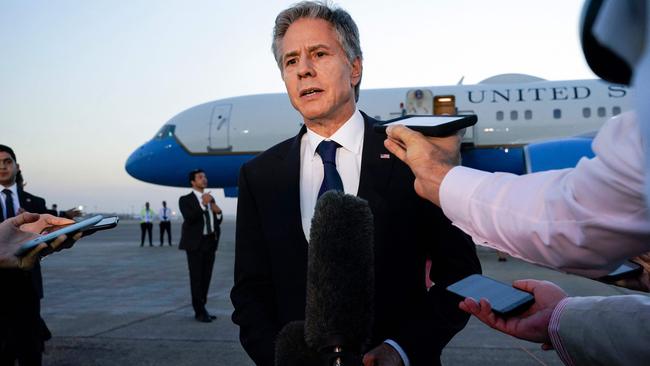
On Friday, Secretary of State Antony Blinken visited Qatar, during an urgent tour of the Middle East. Qatar has hosted Hamas’ political office in its capital since 2012 and Ismail Haniyeh, president of the Hamas political bureau, is based there. Last month, Qatar, mediated the prisoner swap between Iran and the U.S.
The country became the focal point for mediation attempts.
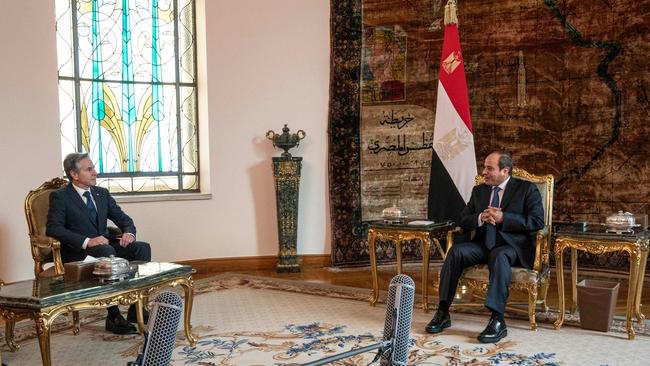
“About the progress on the hostages, actually it’s very early to judge, with the intensity of the war right now, how hopeful we are,” said Qatari Prime Minister Bin Abdulrahman al-Thani. “But we are doing our best.” Hamas fighters can move hostages through a maze of high-rises and tunnels and bunkers that snake underneath one of the world’s most densely populated regions. Many of the tunnels include power and communication lines, and lie dozens of yards beneath the earth.
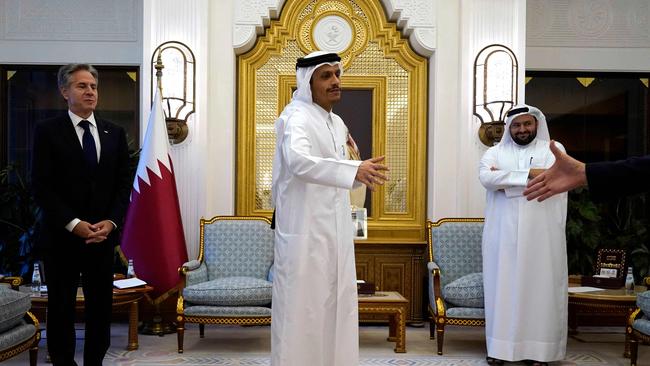
Egyptian officials said they are concerned that Hamas could be using secret tunnels to smuggle captives into Sinai, dragging Egypt deeper into the current conflict.
Even in ordinary times, Hamas has been slow to tally the hostages under its control, former mediators and officials said. In January, the militant group provided its first known proof-of-life video for an Israeli national it claimed to have kidnapped in 2014.
Israel’s military says it knows the identity of most of the Israeli captives. The dual citizenry of many hostages is another layer of complexity. The three Canadians suspected to be held hostage all hold Israeli dual citizenship, according to a senior government official, meaning under protocol, Canada defers to Israel.
The U.S. has sent Steven Gillen, President Biden’s Deputy Special Envoy for Hostage Affairs to Israel. As names come in, he and his department in Washington have been notifying American families that their loved ones have been taken hostage.
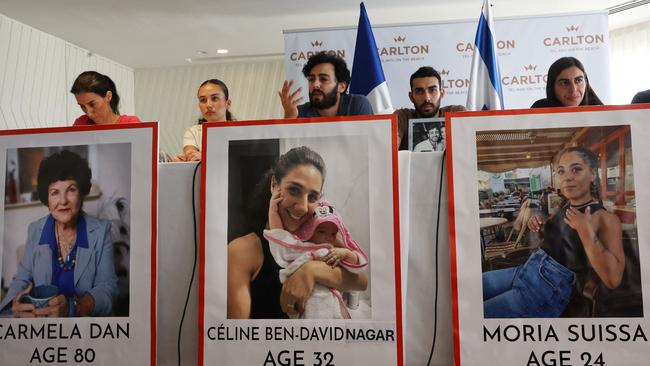
The U.S. dispatched a team of FBI hostage recovery experts to assist the Israeli government; it has also sent the USS Gerald R. Ford carrier strike group to a position off Israel’s coast.
President Biden on Tuesday said his administration was deploying experts and sharing intelligence to aid the hostage recovery efforts. Biden said on Tuesday he has “no higher priority” than the safety of American hostages.
Families are bracing for the collective trauma of hostage videos, with some communities in Israel, the U.S. and Europe, encouraging parents to delete their children’s social media apps to prevent them from watching. A video circulated in recent days of Hamas militants holding a number of small children and babies.
Hamas has said that if Israel’s air strikes don’t stop, it will be forced to start executing the hostages. “We will be forced to broadcast this,” Obaida, the Hamas spokesman said.
The U.S. has largely tried to avoid dictating to Israel how to conduct its retaliatory strikes, but governments in contact with Israel, particularly Egypt, have pleaded with Netanyahu’s government to hold off on bombing so that the hostages can be evacuated. “The problem is, Israel doesn’t want to stop bombing while the hostages are being held,” a U.S. official said.
The Wall Street Journal

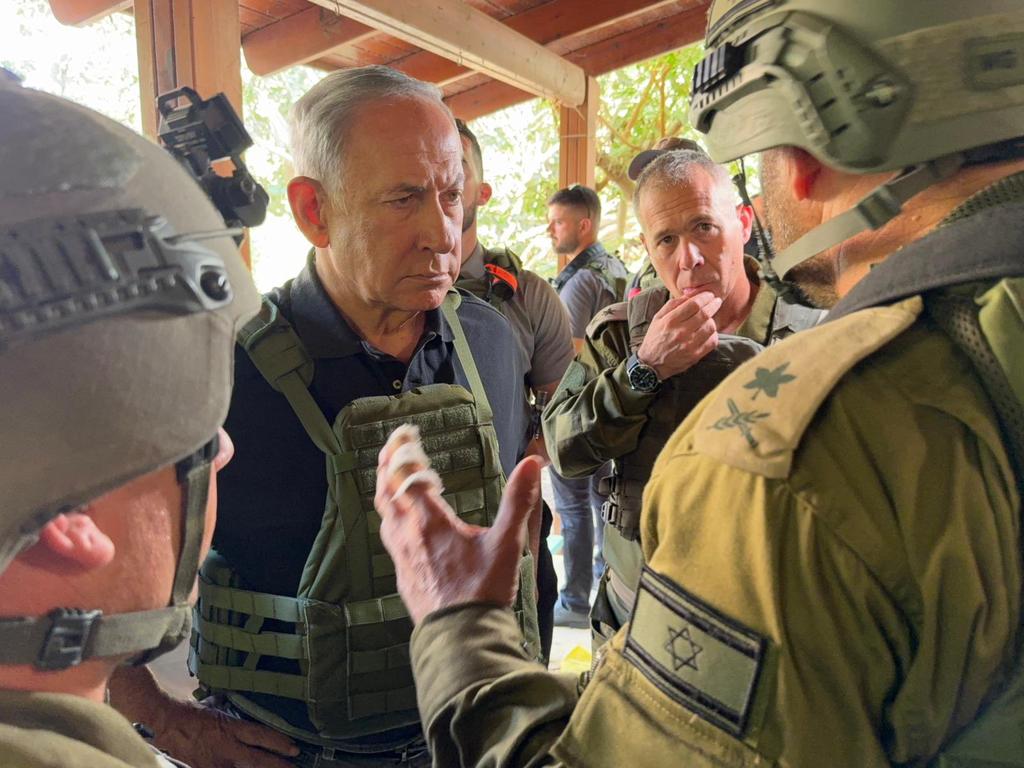
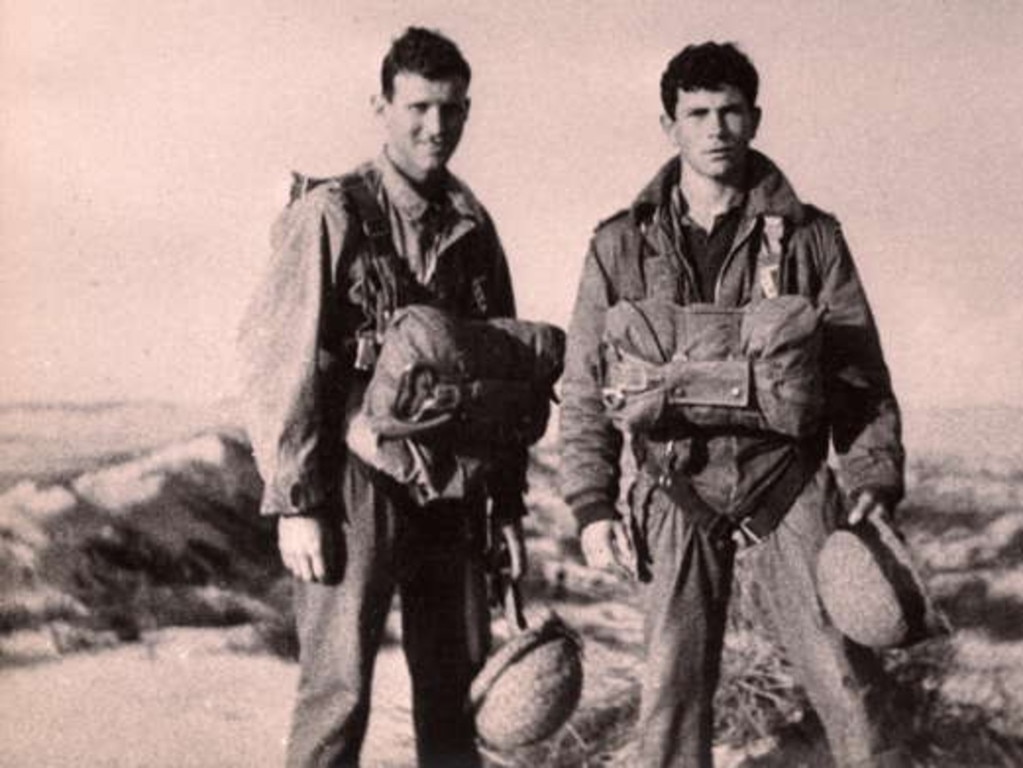
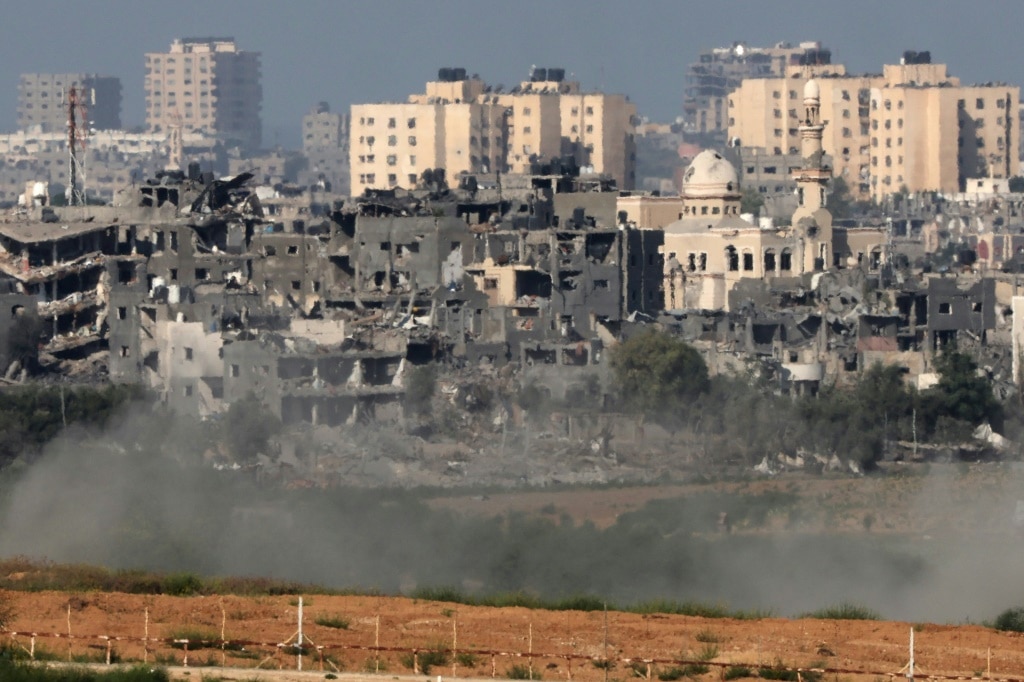
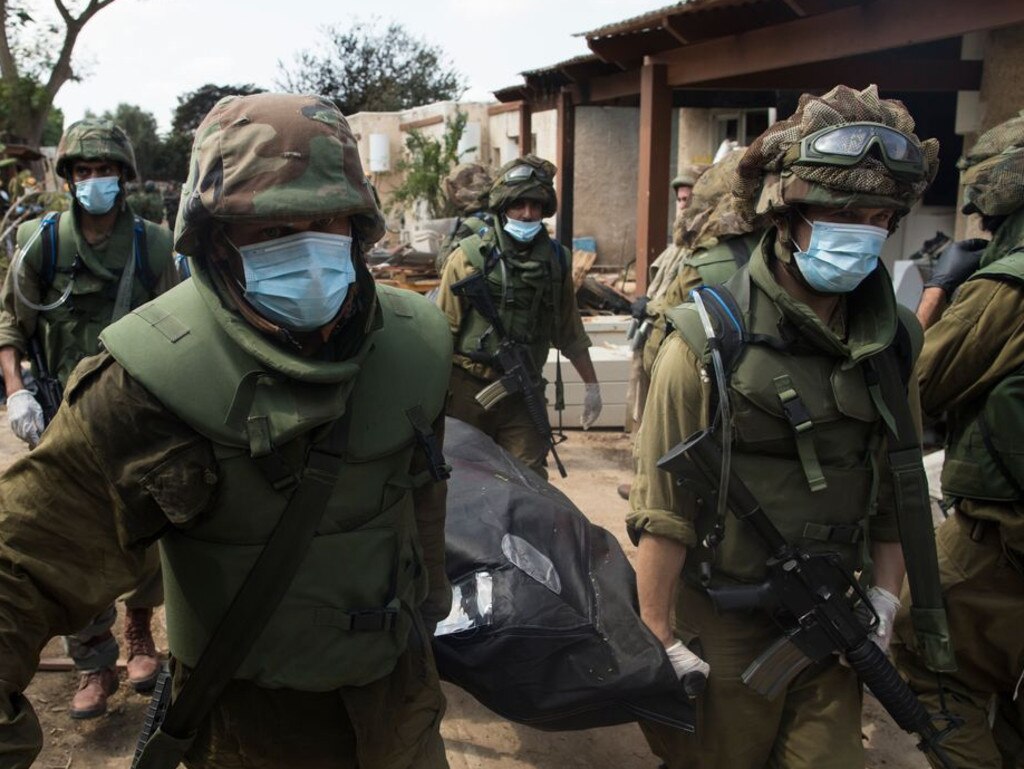
To join the conversation, please log in. Don't have an account? Register
Join the conversation, you are commenting as Logout